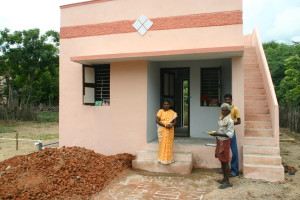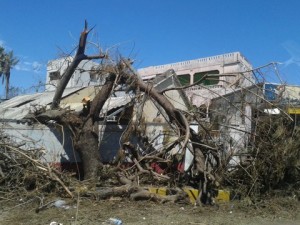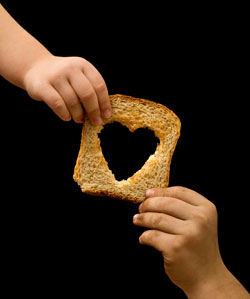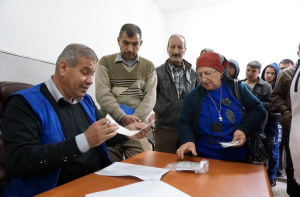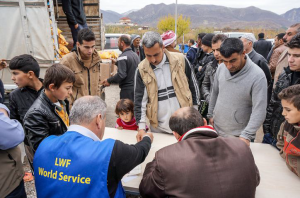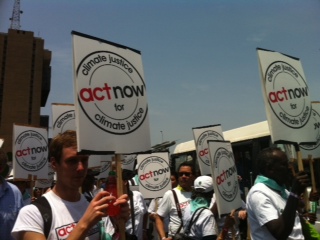Warm-up Question
Have you ever been in an earthquake? Where were you and what happened?
Finger Pointing
At the close of 2014 that was a lot of finger pointing back and forth between North Korea and the United States of America. Conflict between the two nations began at least 70 years ago but the close of 2014 brought a flurry of finger pointing. It began in late November with the hack of Sony Pictures’ computer systems. In the days following, evidence surfaced that the attack originated in North Korea, likely in retaliation to Sony preparing to release a comedic movie called The Interview about assassinating North Korean leader Kim Jong-Un. North Korean officials deny their country is responsible but the FBI says North Korea is the culprit.
Hackers next told Sony to stop the “movie of terrorism” and threatened terror attacks against people who see The Interview in theaters. In response major theater chains cancelled plans to show the movie and Sony officially canceled the movie’s release. President Obama criticized Sony for failing to consult the White House in deciding to censor the movie but later applauded when the movie was released on Christmas Day in theaters and online.
Starting Christmas Eve, Sony’s PlayStation Network and Microsoft’s Xbox Live networks experienced multi-day outage via denial-of-service attacks. FBI investigating is where or not North Korea is involved.
On December 22nd and 28th North Korea suffered a nationwide internet and 3G mobile phone networks outages. In response North Korea blames the US for engineering the outages and said, “Obama always goes reckless in words and deeds like a monkey in a tropical forest”. US officials have not commented on whether they had a role in the outages and refuse to respond to avoid provoking a response from North Korea.
Discussion Questions
- Have you seen the movie The Interview? Why or why not? Is it responsible to release a movie about the assassination of another nation’s current leader? What would your response be if North Korea released a movie about assassinating President Obama?
- Which country is to blame in all the finger pointing? Is one or the other more in “the right?”
- Should we be afraid of further escalation between the 2 countries – i.e., nuclear attacks?
Baptism of our Lord
(Text links are to Oremus Bible Browser. Oremus Bible Browser is not affiliated with or supported by the Evangelical Lutheran Church in America. You can find the calendar of readings for Year C at Lectionary Readings.)
For lectionary humor and insight, check the weekly comic Agnus Day.
Gospel Reflection
At the beginning of the Gospel of Mark, John the Baptist comes as a messenger with one message: Get ready God is coming. John is like a hand that points to Jesus – the One God sends. John says to anyone who will listen, “the One who is more powerful than I is coming.” John knows who he is and that his job is to finger point to Jesus.
John’s words and appearance were like the prophet Elijah who also finger pointed to God doing something new. Here in Mark’s story John proclaims baptism (washing) and makes it new in making baptism a moment where God’s invitation to repentance and forgiveness happen. John baptizes and then points to Jesus and says “I have baptized you with water… he will baptize with the Holy Spirit.” Jesus baptism will be even better because he will baptize with the Holy Spirit.
Then Jesus is baptized. Jesus sees the heavens ripped apart and hears God say “You are my Son, the Beloved; with you I am well pleased.” In baptism God finger points to Jesus and comes to earth as a flesh and blood human being. We hear God’s voice in baptism too call us beloved sons and daughters. God finger points to us and gives us new birth in the Holy Spirit to live and love like Jesus.
Discussion Questions
- Why was a person like John sent to get people ready for Jesus and not a religious leader or ruler from Rome? Why did so many people respond to John’s message?
- Do you think only Jesus saw the dove-like form of the Spirit and the voice of God when he was baptized? What difference does this make?
- What difference does baptism make in your daily life? What do you do each day that tells the world everyone is a beloved child of God?
Activity Suggestions
Make a large, finger pointing hand out of cardstock. (Think of the foam “#1” fingers of sports teams). On one side write “points people to Jesus“. On the other side “points people away from Jesus.”
Now as a group write or draw ways that you as individuals, church community and nation point and fail to point the world to Jesus on each side. Brainstorm together what do you do and what do you fail to do to tell the world that everyone is given the new life of Christ?
Closing Prayer
God of the finger pointing, help us to receive the daily gift of baptism in pointing the world to your Son. As North Korea and the USA point fingers, transform our finger pointing into the love and life of turning lives around and knowing you. Thank you for messengers like John the Baptist. Help us to tell and show the world you are here and that the world is loved by you. Amen.



